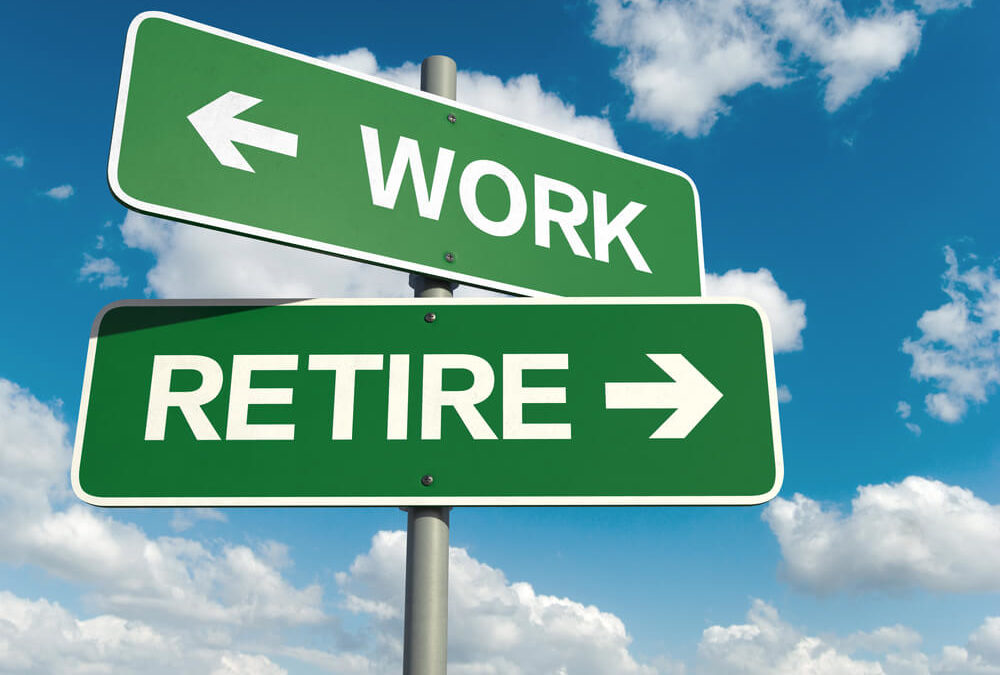Working in retirement is a great way to stretch your savings out, especially if you haven’t had a chance to save as much as you wanted — but don’t count on it.
There are a lot of benefits to maintaining a less strenuous part-time position after hanging it up at your normal 9-t0-5 (or equivalent) that was likely a major part of your life for decades: You can bring in some extra income, keep your mind sharp, and you can maintain regular social interactions after leaving a daily position.
My grandfather worked at Carmax Inc. well into his 80s because he absolutely loved the job. I don’t think my grandparents even needed the money that badly, but it brought him a lot of joy — and my grandma a lot of peace (kidding, of course).
But that was around 15 years ago and the world and how we work has changed quite a bit since then. Don’t expect the idyllic Carmax experience.
A recent poll from Allianz Life, an annuities and life insurance firm, reflected this to a T. Around 65% surveyed said they would like to continue working in retirement, but only 7% of retirees polled were still doing so.
The problem with creating a plan that has you working in retirement means you are counting on an unknown. Can you really guarantee you’ll be pulling in that extra income?
If you are 100% sure you’ll have the option to work later in life — great. But that probably isn’t the case for most people. And that means doing whatever you can now to shore up your savings so you aren’t caught flat-footed when working in retirement doesn’t go as planned.
Another factor to consider is when you actually plan to retire, and how that can change later in life. The Allianz survey showed around half of respondents retired earlier than planned. Health issues and unexpected job loss were the leading causes of forced exit.
Taking a deeper dive into the survey shows a disconnect between retirement expectations versus reality, and the drive to work in retirement fell off as people got older. Almost half (48%) of workers at least 10 years from retirement said they would rather work until age 75 to retire instead of living frugally and retiring at 55.
That percentage shrank to only 33% for people less than 10 years from retirement, and only 23% of people who had already retired said they wanted to continue working until age 75.
Don’t Expect to Work in Retirement
What all this really means is working in retirement is not a sure thing, and it is not something you should count on. Doing all you can to sock away money now will save you from a lot of anxiety down the road.
There may be a lot more opportunities to work in retirement in the future with advances in technology and the rise of the gig economy (companies like Uber, Lyft and DoorDash). But we can’t predict the future, and wouldn’t it be nice to know you won’t have to rely on working into your late 70s?
Analyze your savings strategies now and see where changes can be made so working in retirement is more of a bonus — like for my grandpa and Carmax — instead of a necessity to make ends meet month-to-month.
Crafting a retirement plan with a financial adviser and really considering your current expenses can help you face the uncertainties that will come up after leaving the workforce.
And if working in retirement is something you absolutely want to pursue, try to find your Carmax.




